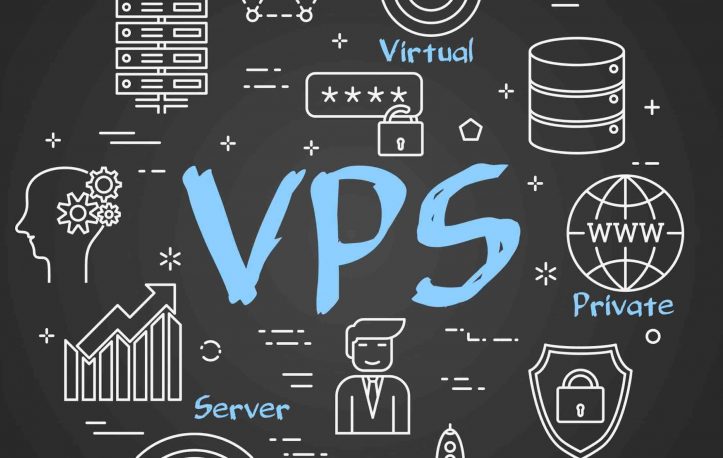What is VPS? It is an easy question to answer. VPS is short for virtual private server. A virtual private server (VPS) is a single physical server sold as a dedicated service by an Internet access provider. There are two types of VPS; managed and unmanaged.
With a managed VPS, an IT professional will have complete control over the operating system and any other software applications. With managed VPS, an individual or business will be given access to the control panel of the VPS but will not have the ability to make any changes to the server. A shared hosting is when a single physical server is shared by more than one website. With virtual private servers, the physical server is only utilized for a single website. Both managed and shared VPSs are slower than a dedicated hosting, but the VPS is ideal for businesses that have high traffic usage.

One of the many advantages that can be had with VPS is lower pricing compared to dedicated hosting. VPS can be as low as 5 dollars a month, while dedicated hosting can be hundreds of dollars a month. Another advantage of VPS is the large RAM that can be allocated to the virtualization software. Since there is no actual hardware needed for VPS, the CPU, memory, hard drive space and virtualization software can be less expensive than a dedicated hosting package. For businesses that need extra resources for web development, e-mails, etc., the virtual private server can be beneficial.
Many individuals and companies believe that VPS is less secure compared to a dedicated hosting. In reality, the VPS is just as secure as any other type of server. If your data is stored on the physical server, then you do not need to worry about it being hacked since your data resides on the same server as the physical machine. Shared hosting plan is more vulnerable because everyone on the shared hosting will share the same server as the physical machine.
There are several benefits that VPS hosting has over dedicated servers. With VPS, it is possible for any user to experience the powerful server features with fewer resources. With shared hosting, it is not possible for every user to experience all of the powerful server features.
There are two primary factors that affect the performance of VPS hosting. These factors are RAM and CPU. RAM is a type of non-volatile memory that is available on all types of VPS hosting. The size of the RAM will depend on the amount of information you wish to transfer to the VPS. The performance of your VPS will increase greatly if the RAM is larger than RAM. However, VPS will affect your productivity negatively if you choose to go with a smaller RAM size.
Another factor that affects the performance of VPS hosting is the amount of CPU processing power. The larger the size of the RAM you have on your VPS, the more processor power you can use without slowing down your VPS system. The performance of your VPS will be negatively affected if you have an inadequate amount of RAM. In addition, with a larger amount of RAM, your VPS will utilize more processor power when opening and editing files. With a dedicated virtual private server, you will not have this issue.
A powerful and efficient customer support system is also available with a VPS. If you are unsure of how to complete a certain task on your VPS, then you will need to contact your VPS provider for assistance. However, your VPS provider will provide assistance to the extent that the customer supports the software, hardware, and operating system on your shared or VPS hosting package. In other words, if you experience any problems related to the service and/or product of your VPS provider, then you will have the option to return it and get a new one from your provider. Thus, your customer support and service are provided in the way that is most convenient to you.